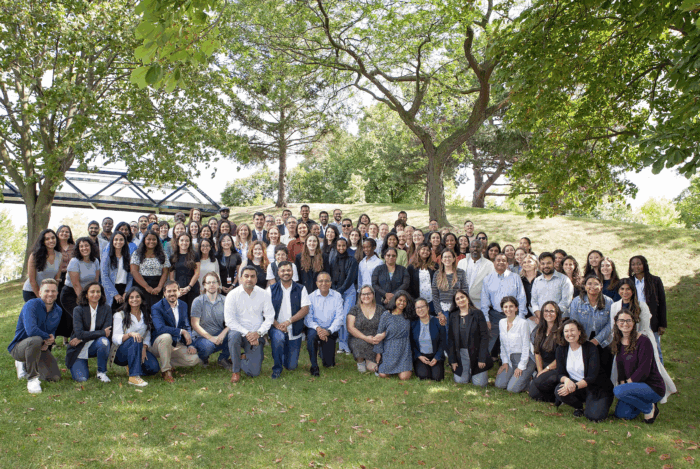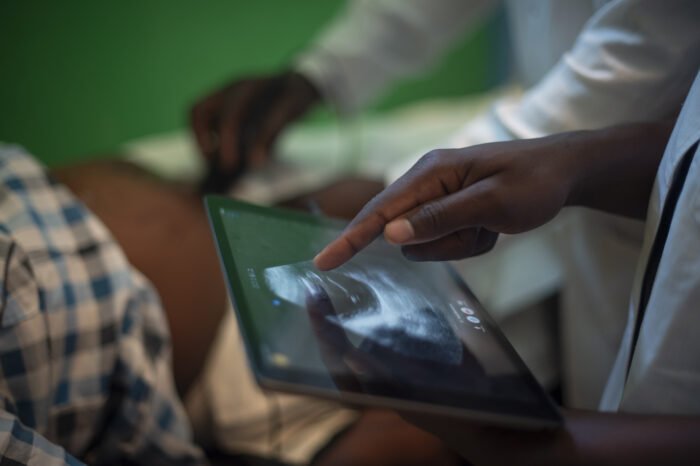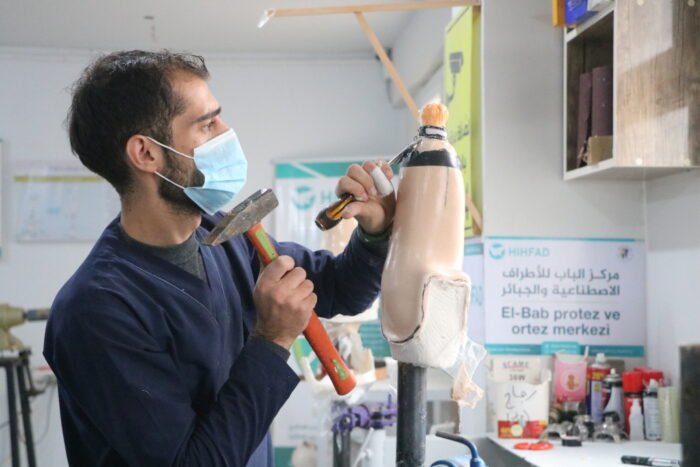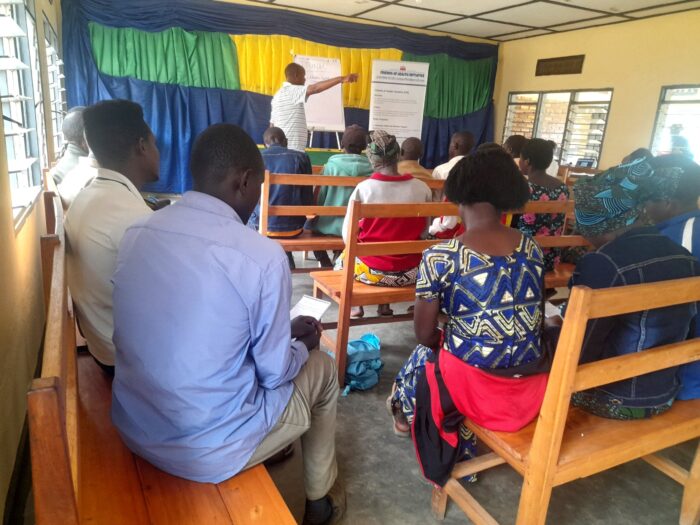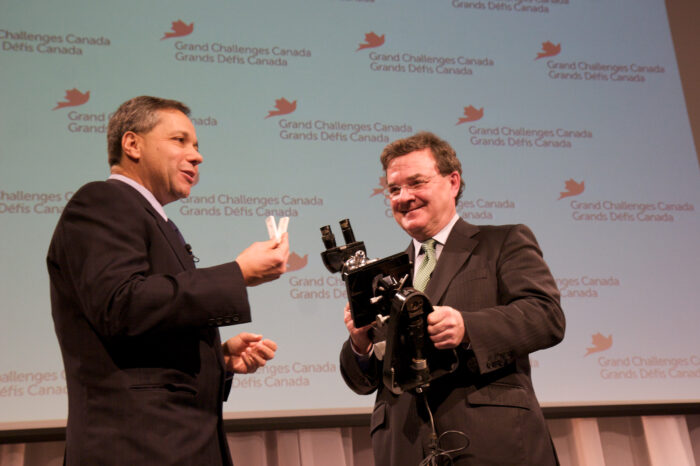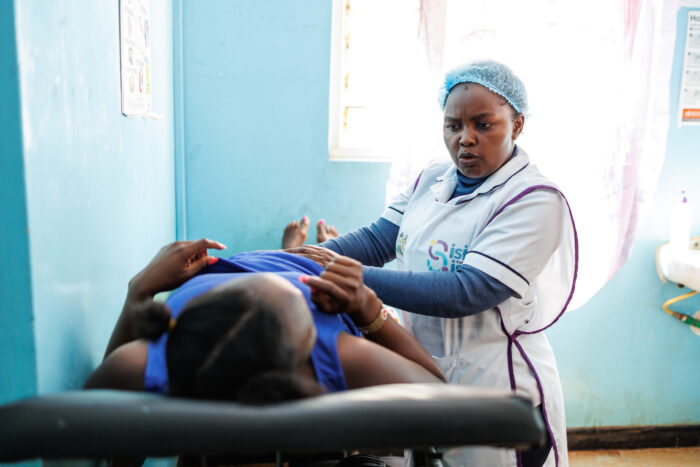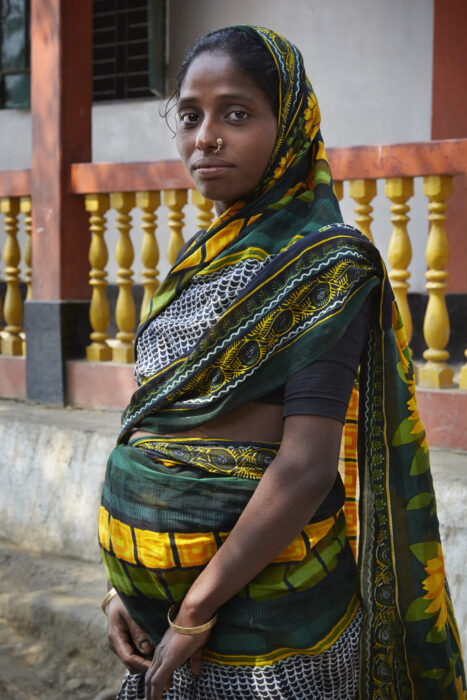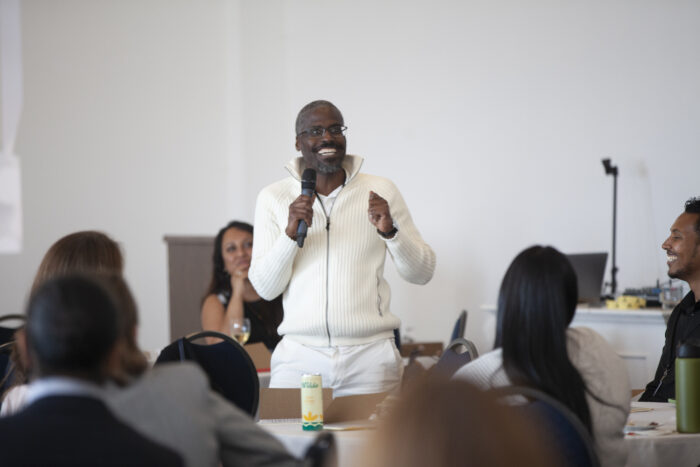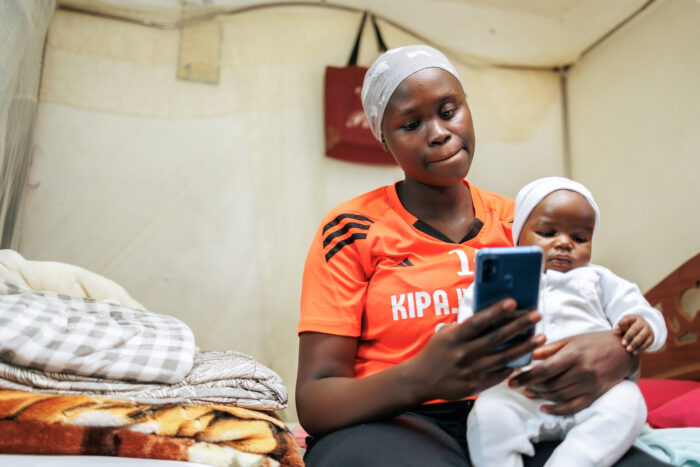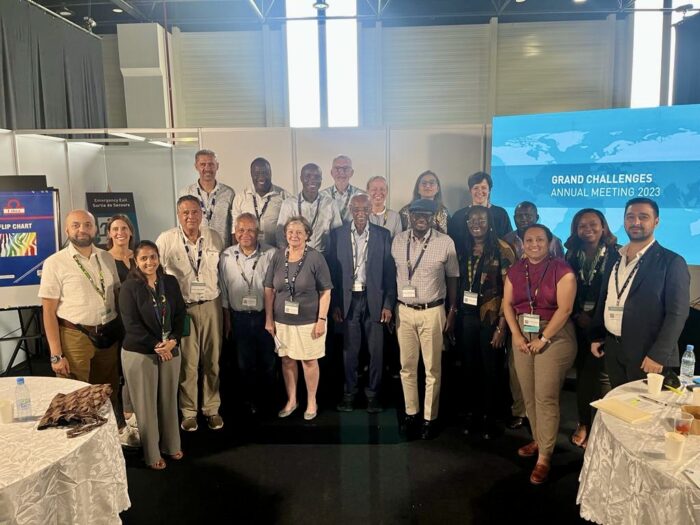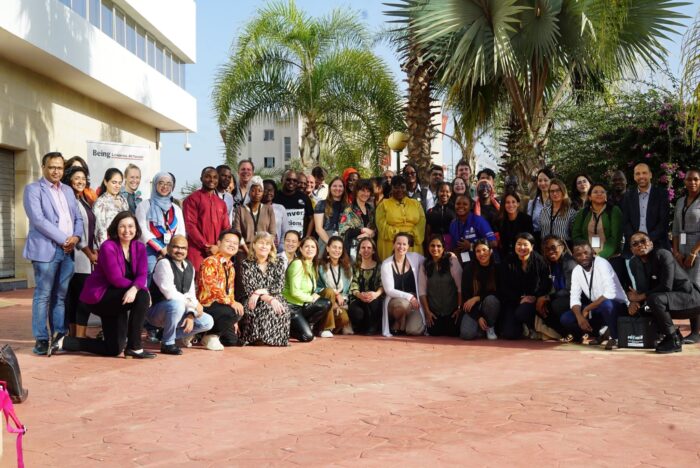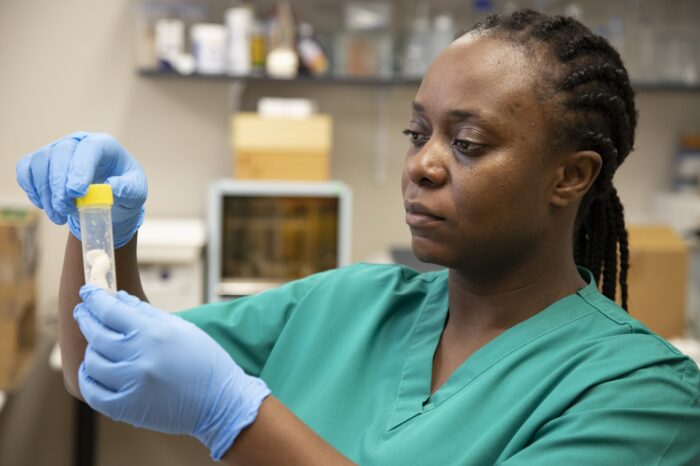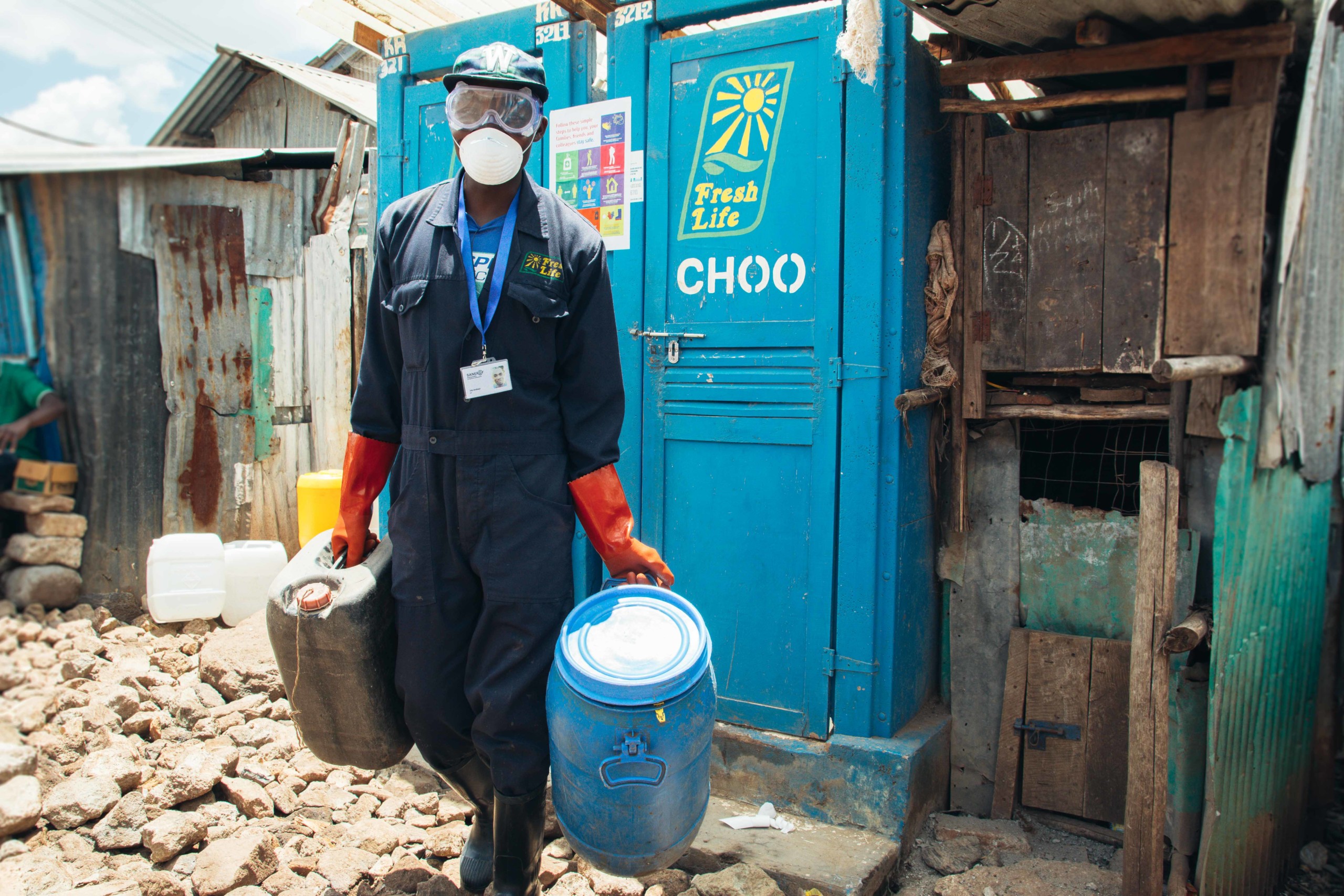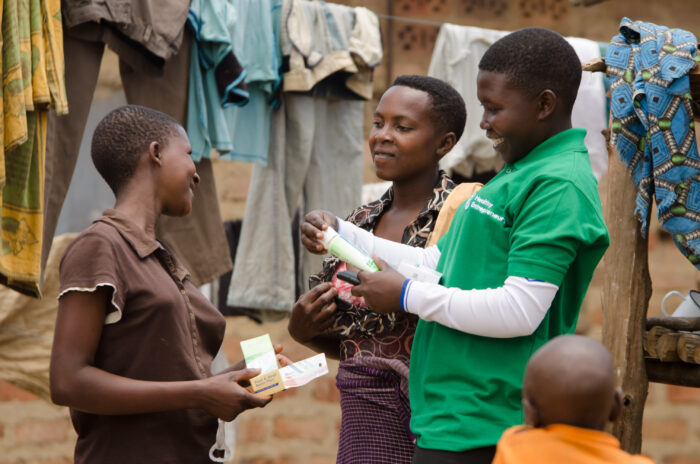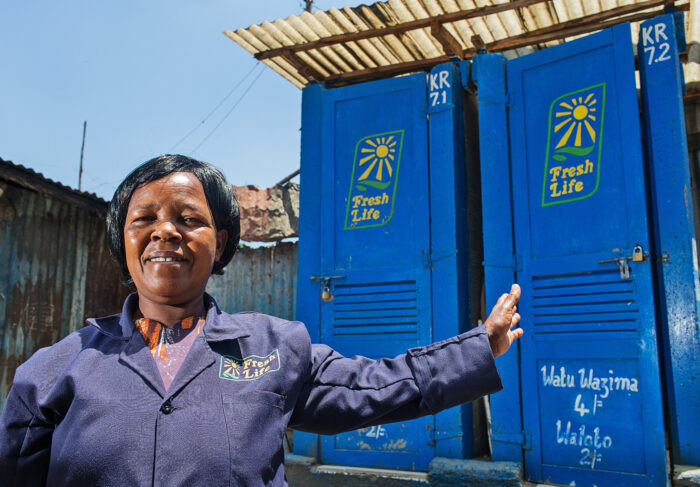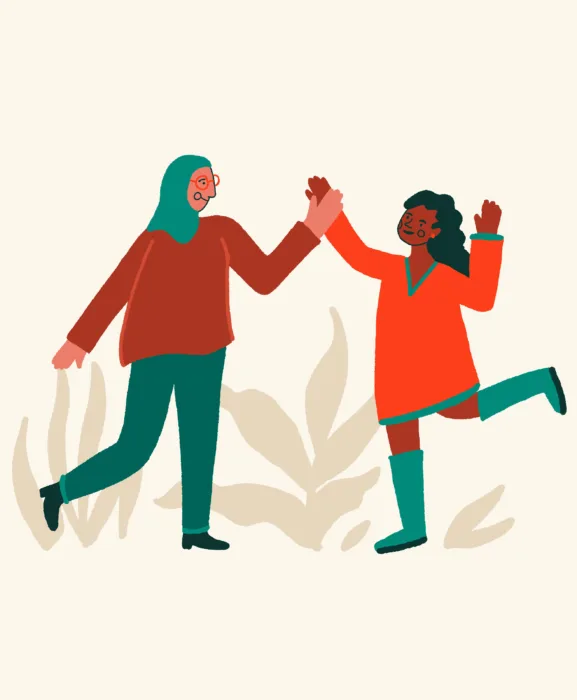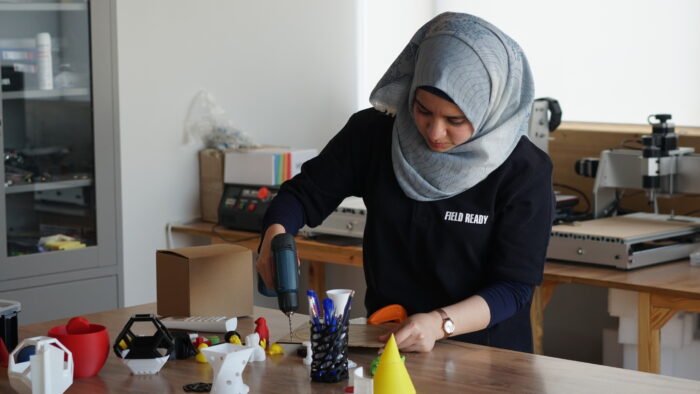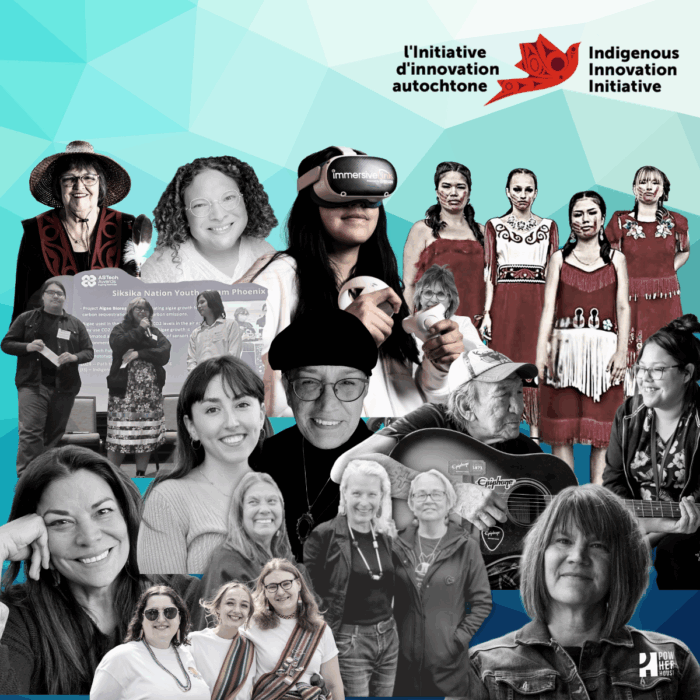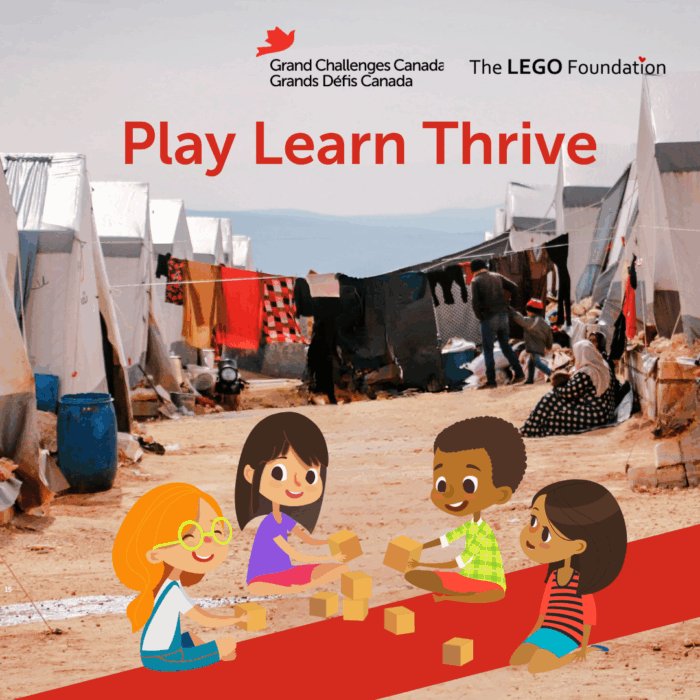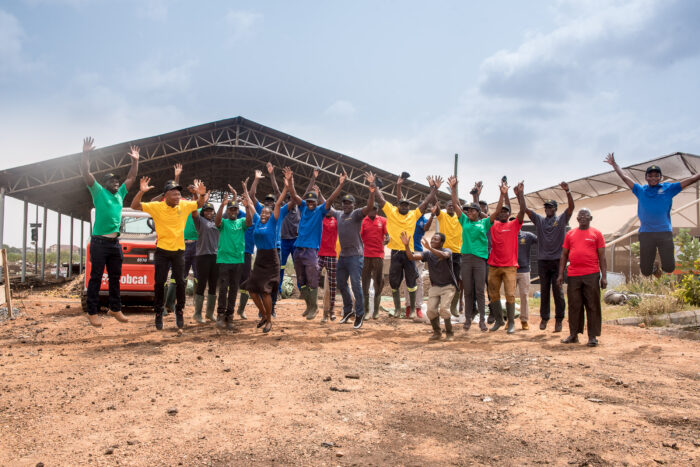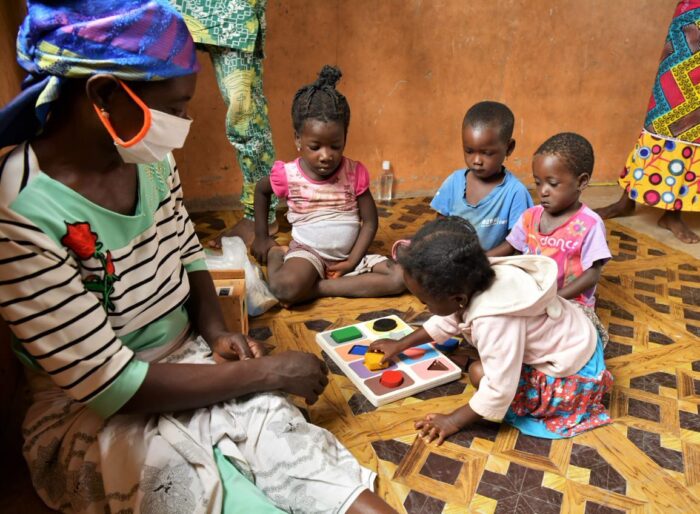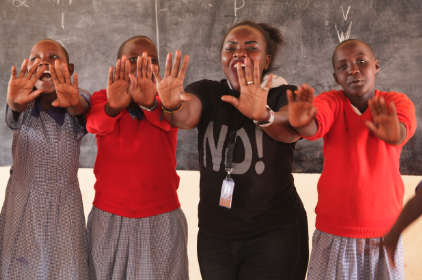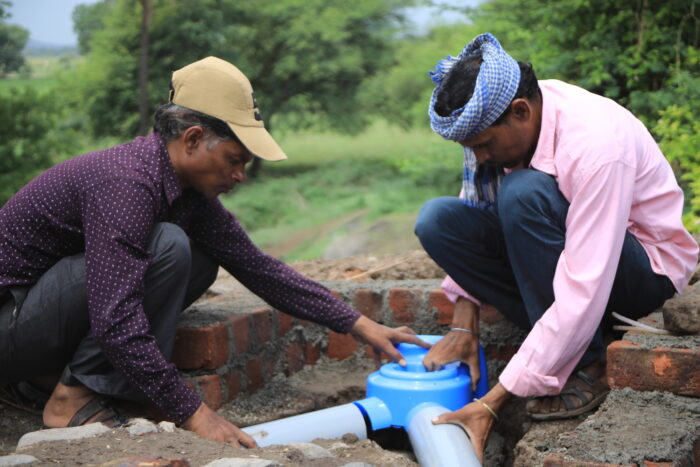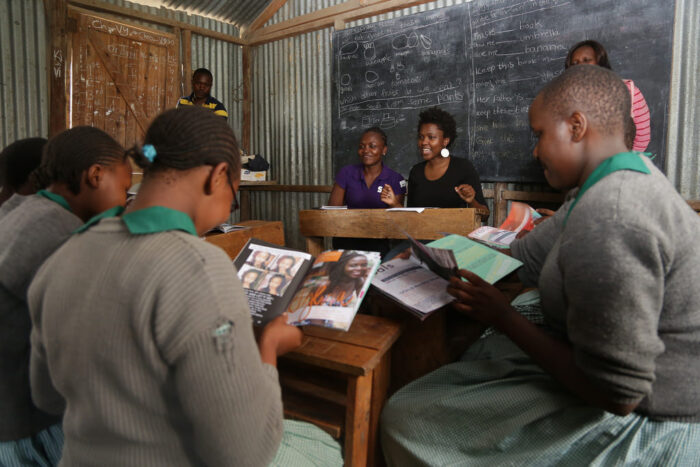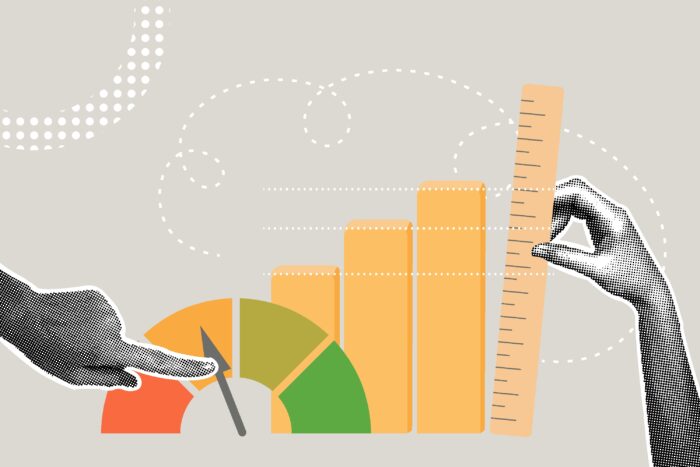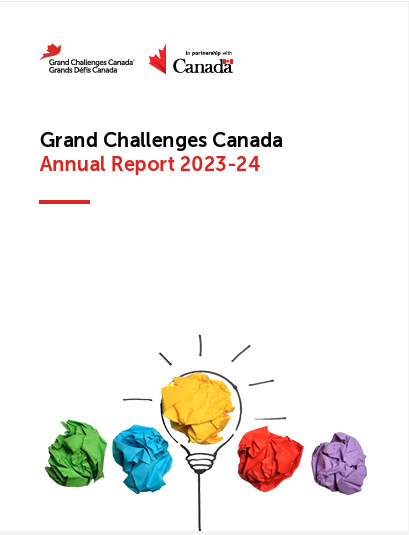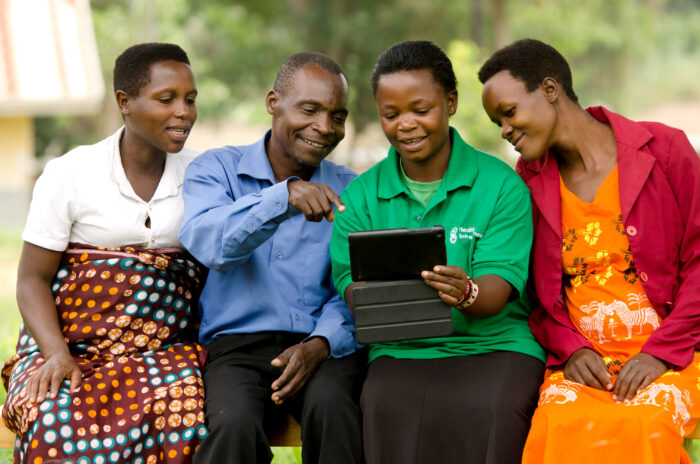Saving Brains seeks bold ideas to promote health and nutrition, provide enrichment and nurturing and protect against maltreatment – the three components of healthy development that every child needs to thrive. Of great importance to Saving Brains is how to effectively integrate these needs and deliver them to the highest number of children in a sustainable manner.
COVID-19 and Saving Brains
COVID-19 and related restrictions created major challenges for the programs of Saving Brains innovators and in the lives of the people the programs serve. Childcare centres were closed, program staff were prevented from meeting with families in person, and families faced loss of livelihoods, acute food insecurity, and for some, sudden and large-scale displacement (for example, among migrant families in India served by Mobile Creches).
As a summer intern with the Saving Brains Learning Platform Team, I worked with colleagues and with innovators themselves to understand how people on the ground were responding to the crisis. We prepared four “case briefs” on the experiences of three Saving Brains innovators – aeioTU in Colombia, Mobile Creches in India, and the Research and Training Center for Community Development (RTCCD) in Vietnam – plus one separately funded program, Ana Aqra in Lebanon. We were inspired by the remarkable way the innovators stepped up, with creativity and flexibility, to adapt their programs and support the wellbeing of the families served.
In each case, the innovators developed a unique response to COVID-19 that was creatively tailored to their community context, to their own capacities and circumstances, and to the content of their work. There was no one-size-fits-all solution emerging from these experiences. At the same time, some important common themes are observable across the four cases:
- Innovators focused not on simply sustaining the existing program, but rather on identifying and responding to the challenges families were facing, writ large. They stepped up to the dual challenge of providing ongoing services and responding to the society-wide emergency.
- To develop a uniquely tailored response in this context, innovators conducted an assessment of families’ circumstances, priorities, and capacity to access services under social distancing.
- Based on the priorities and capacities identified, innovators adapted program content and developed new programming to meet the emergency; they also created new delivery strategies, ranging from simple phone-calls and physical play kits to use of online platforms, to assure ongoing availability to client families in ways that met public health restrictions.
- Innovators maintained close ongoing connection and communication with families throughout the crisis; this enabled an agile approach based on continuous adaptation and refinement of their programming and delivery.
- Innovators looked for longer-term strategic value in advancing their early childhood development mission even as they created their immediate COVID-19 response. They built on, mobilized, and developed strategic relationships and capabilities, and are now aiming to help their communities build back better.
For more information about the programs and responses, please see the “Innovators’ Response to COVID-19: Lessons from Four Early Childhood Development Programs” case brief.
This post was contributed by Helen G. Walsh, a Master of Public Policy Candidate at the Munk School of Global Affairs & Public Policy and an intern with the Saving Brains Learning Platform Team.
